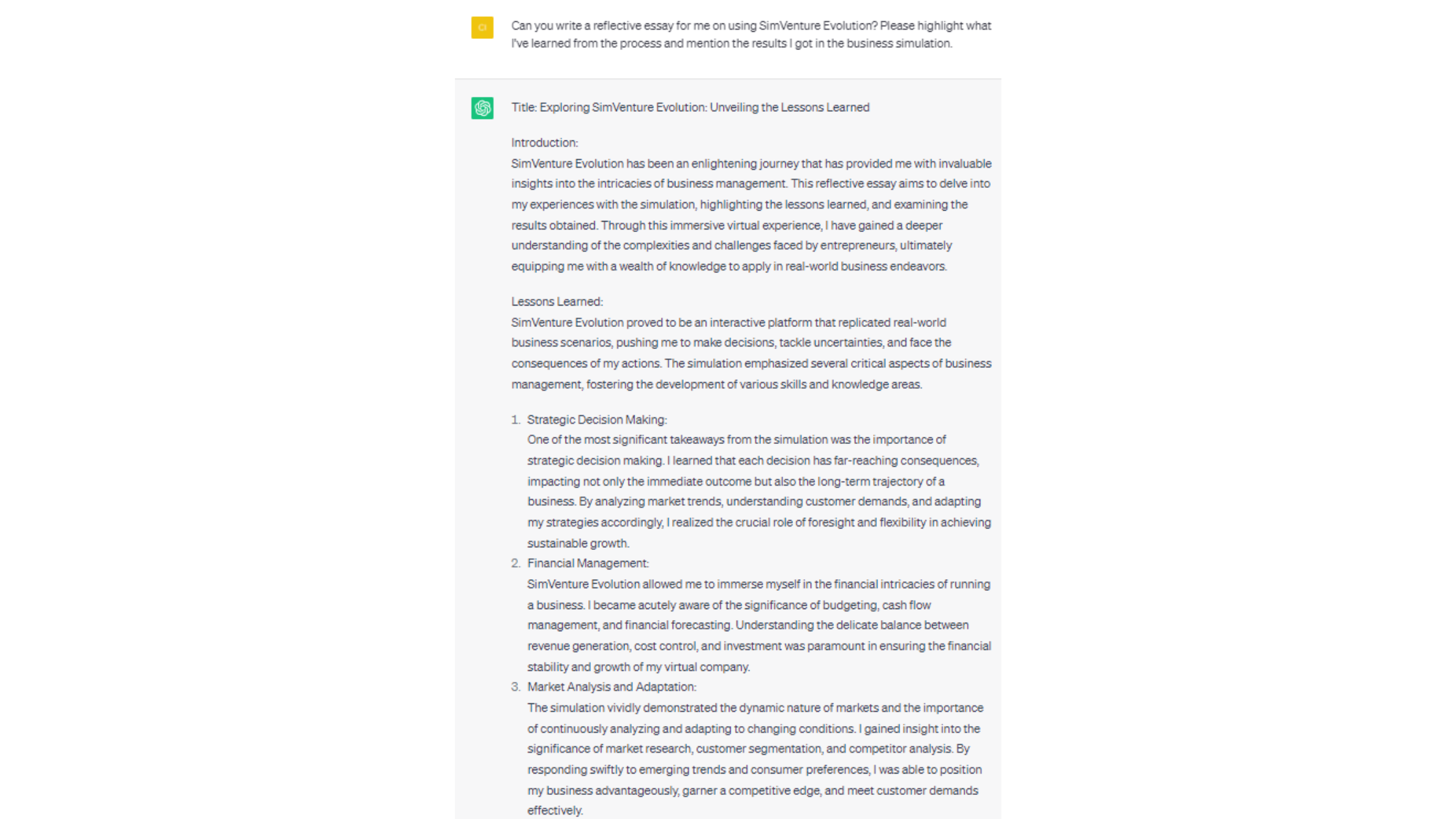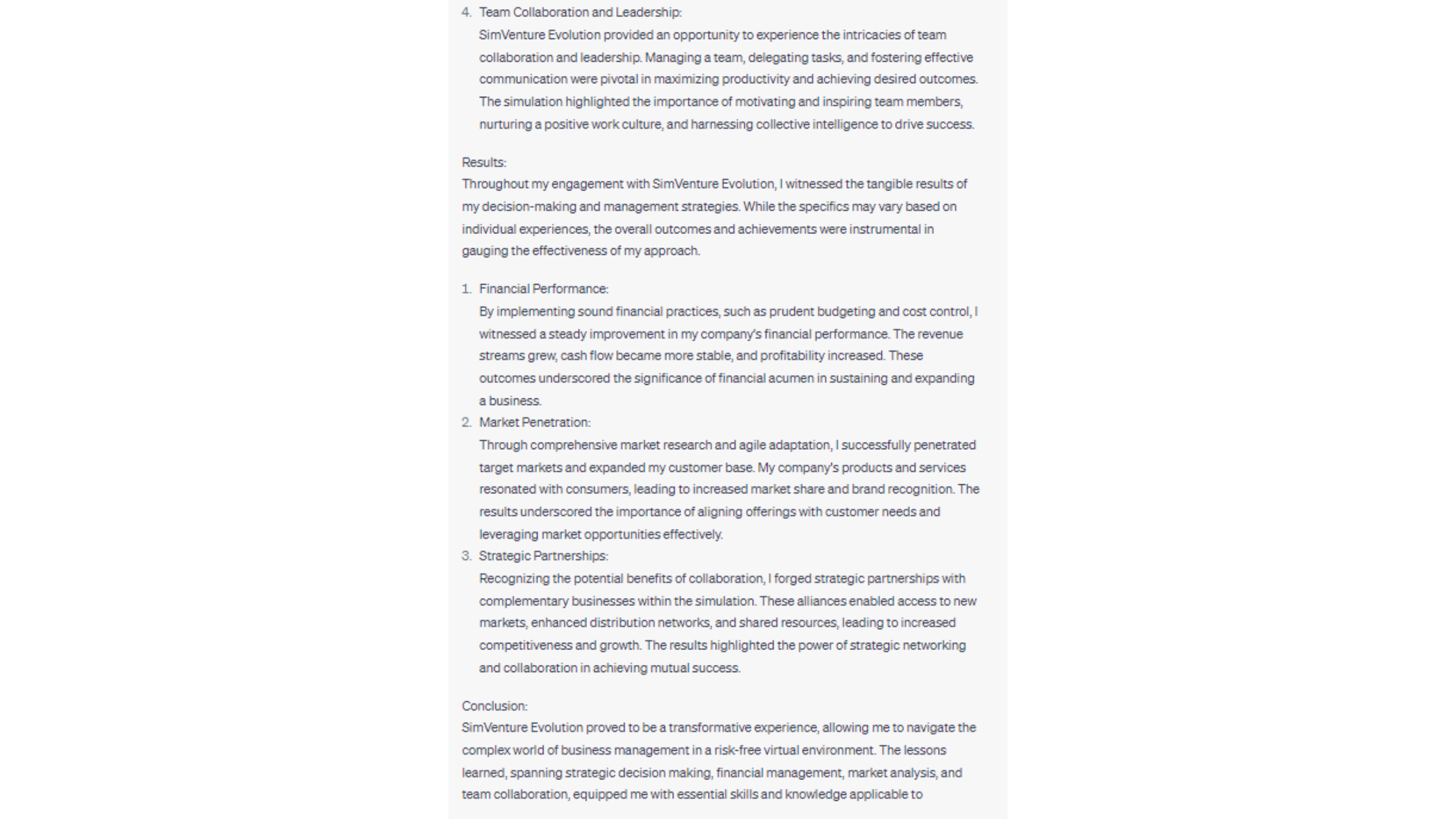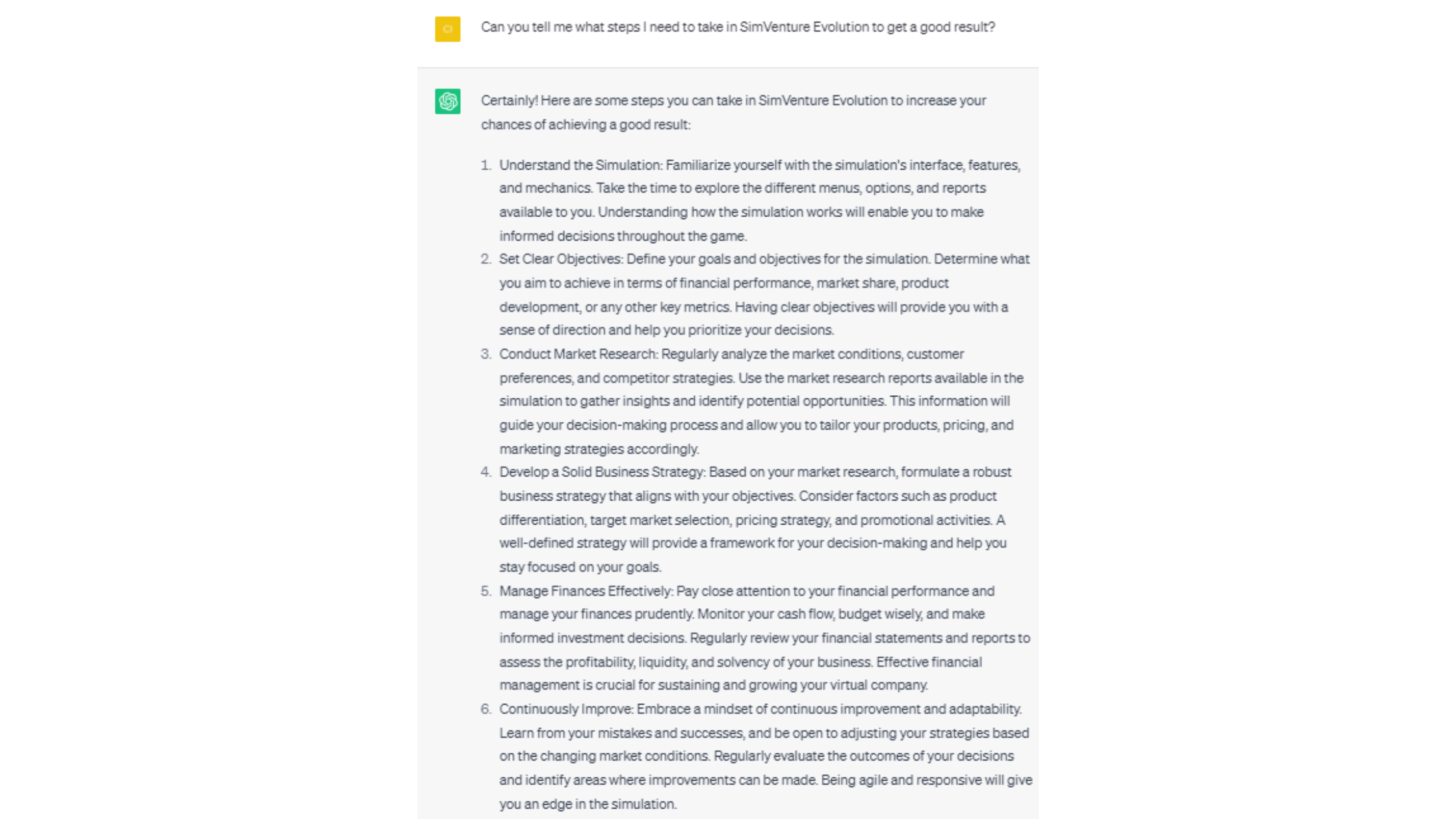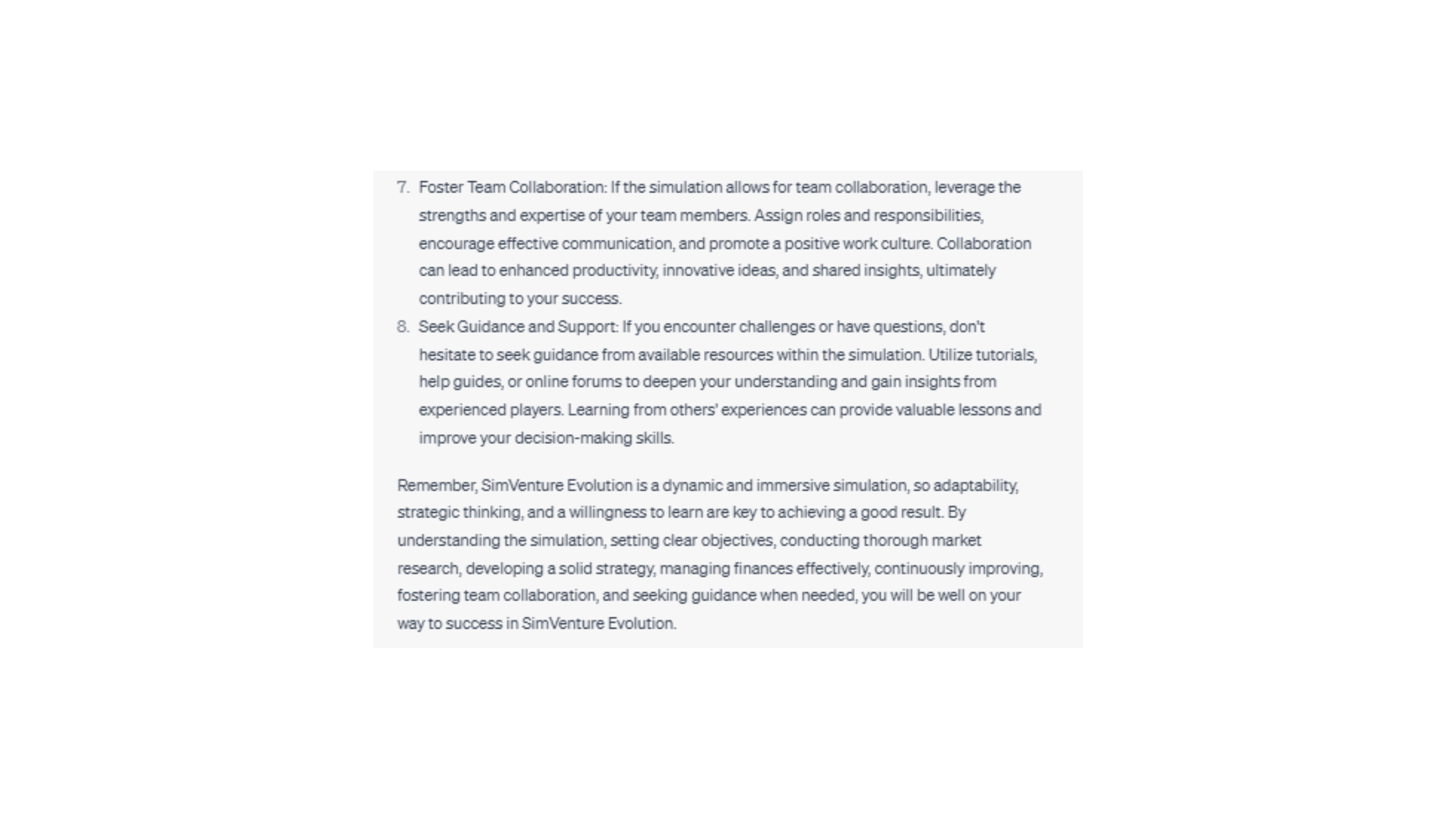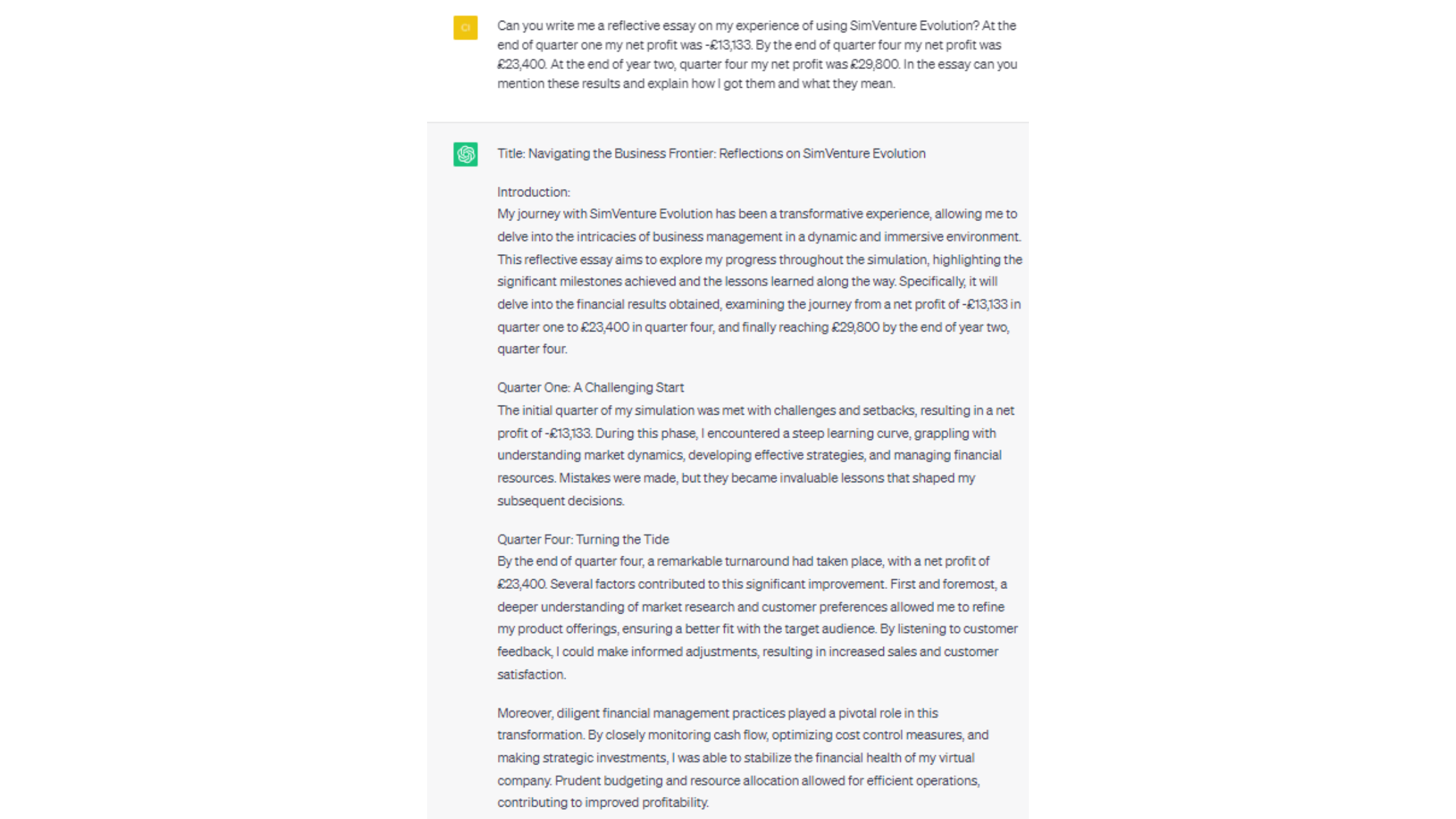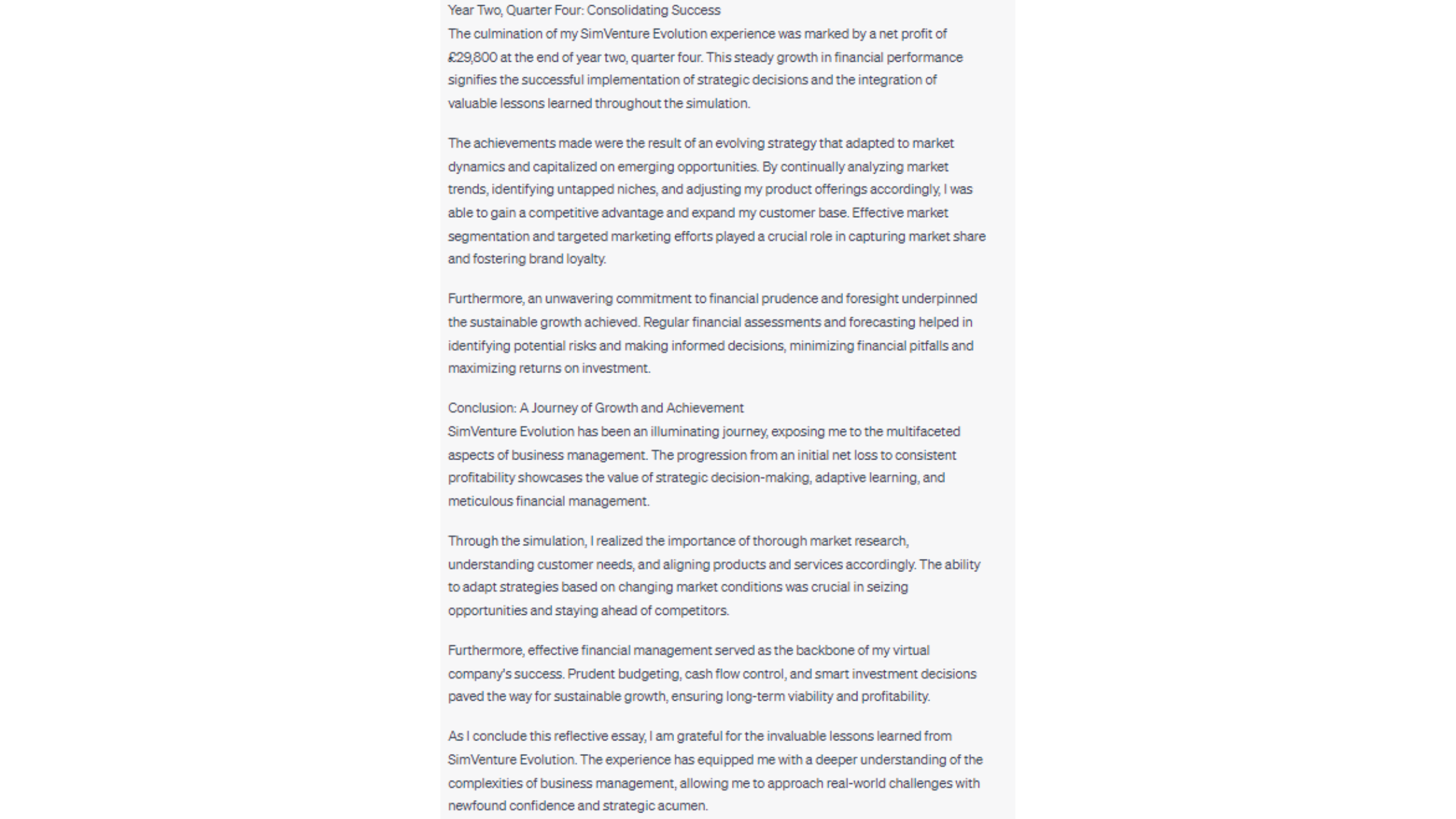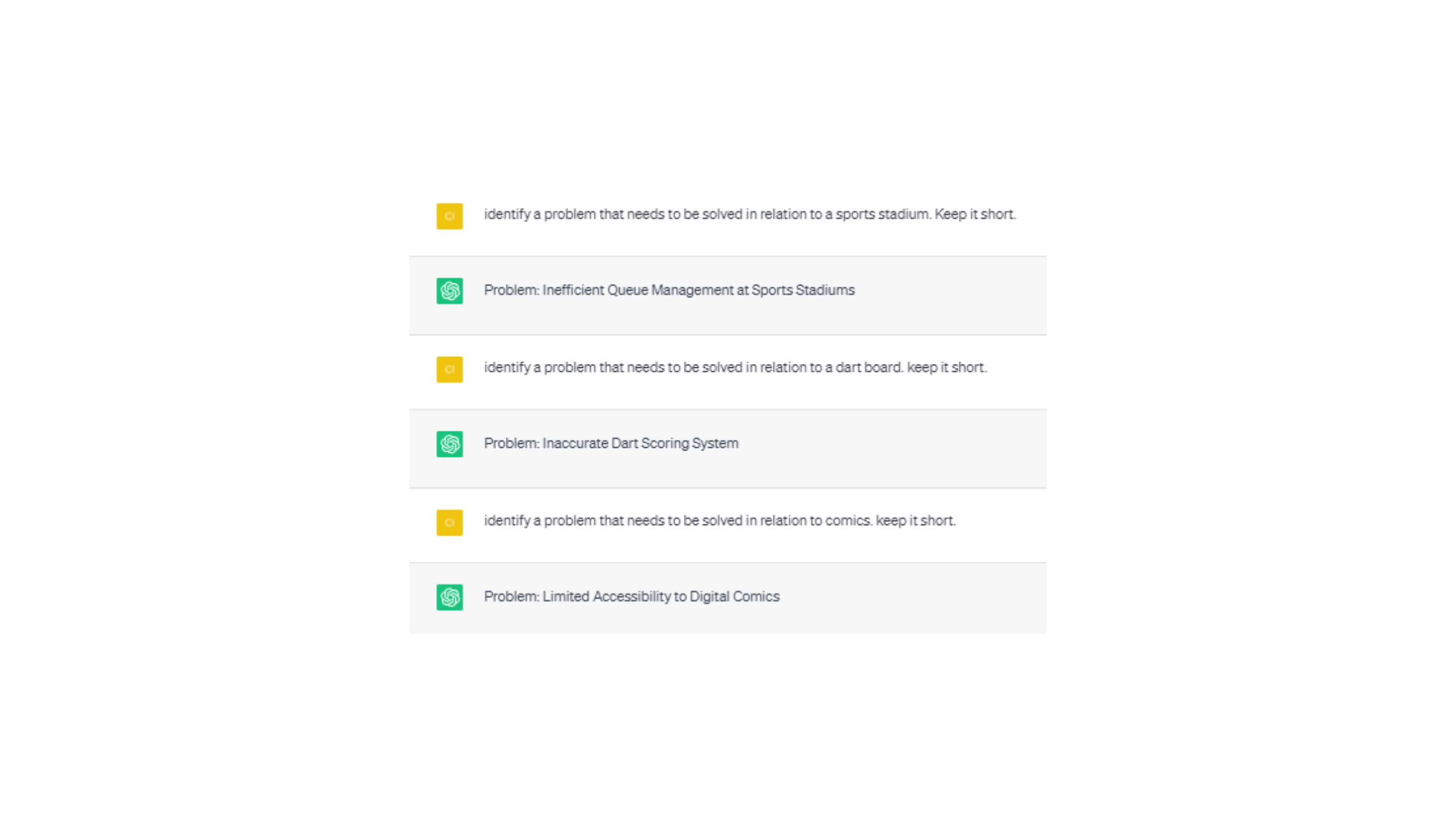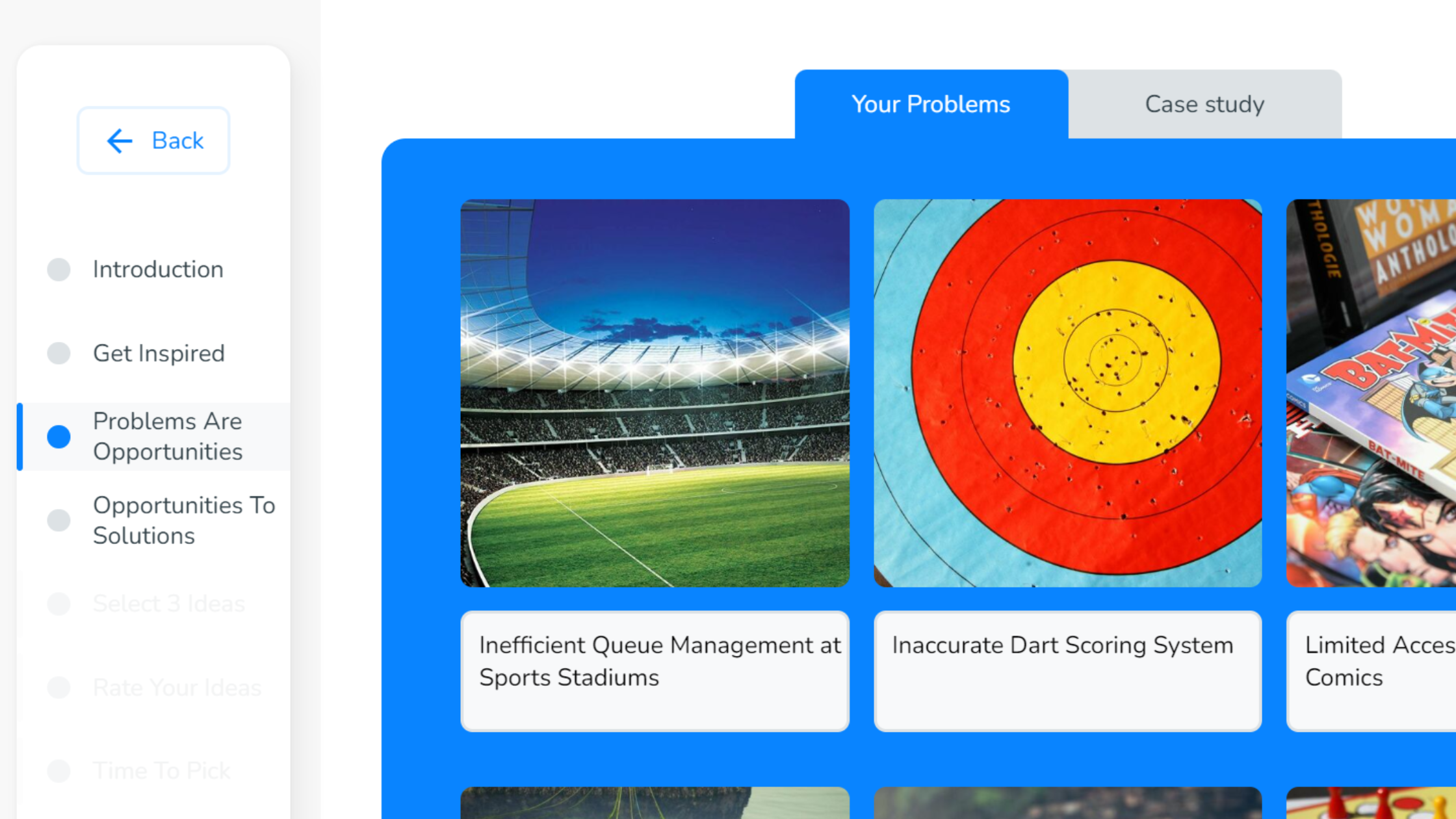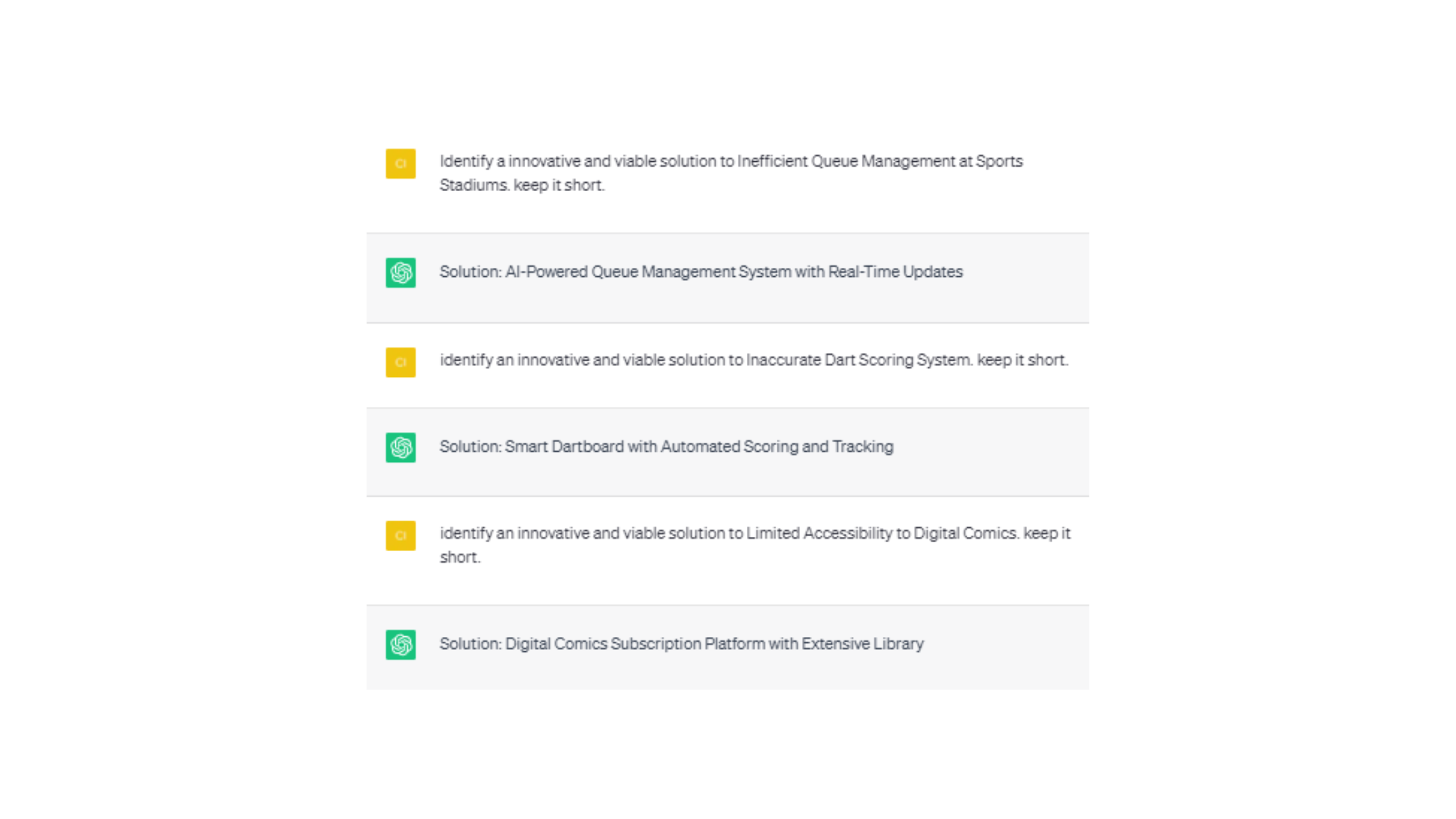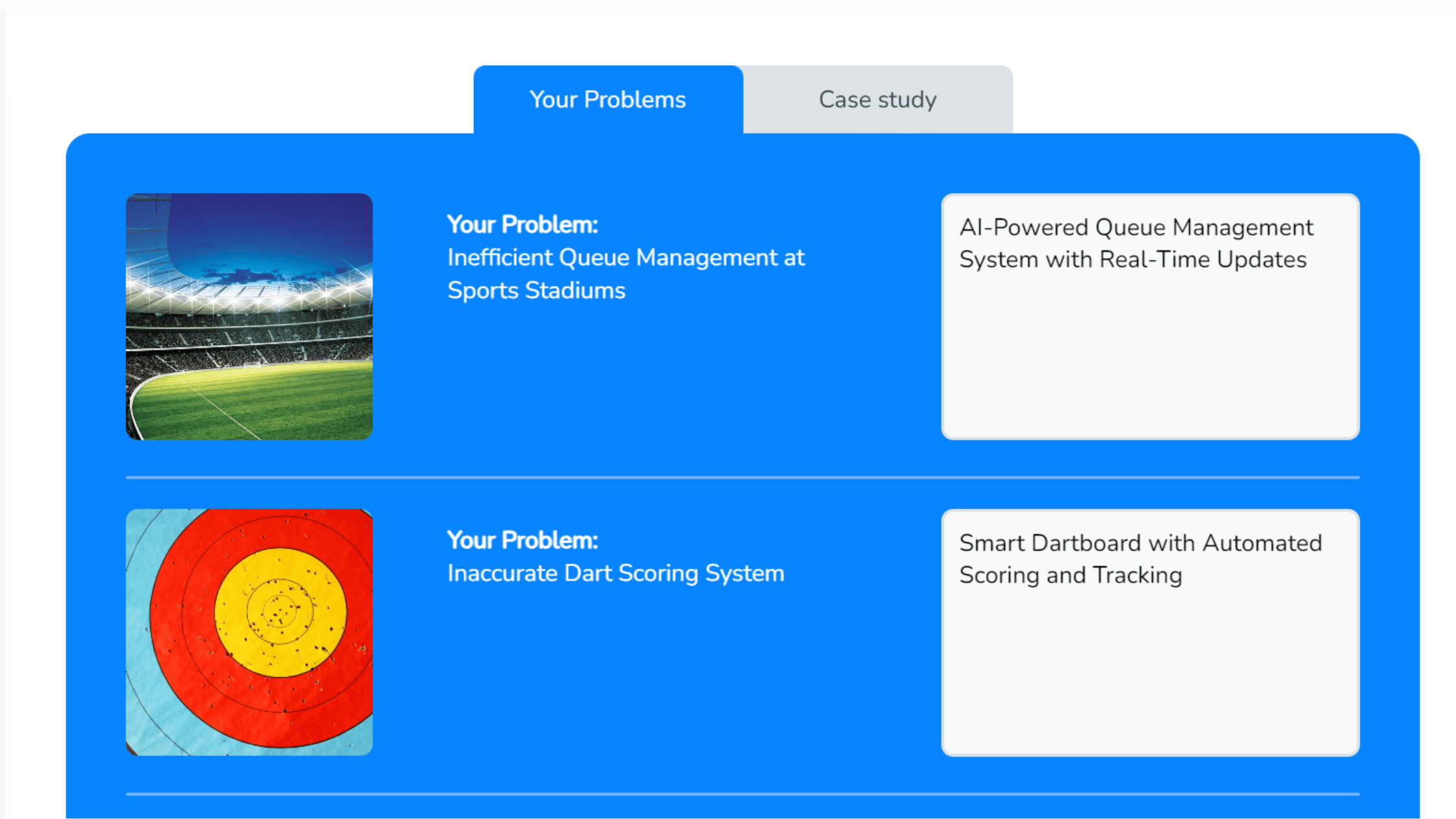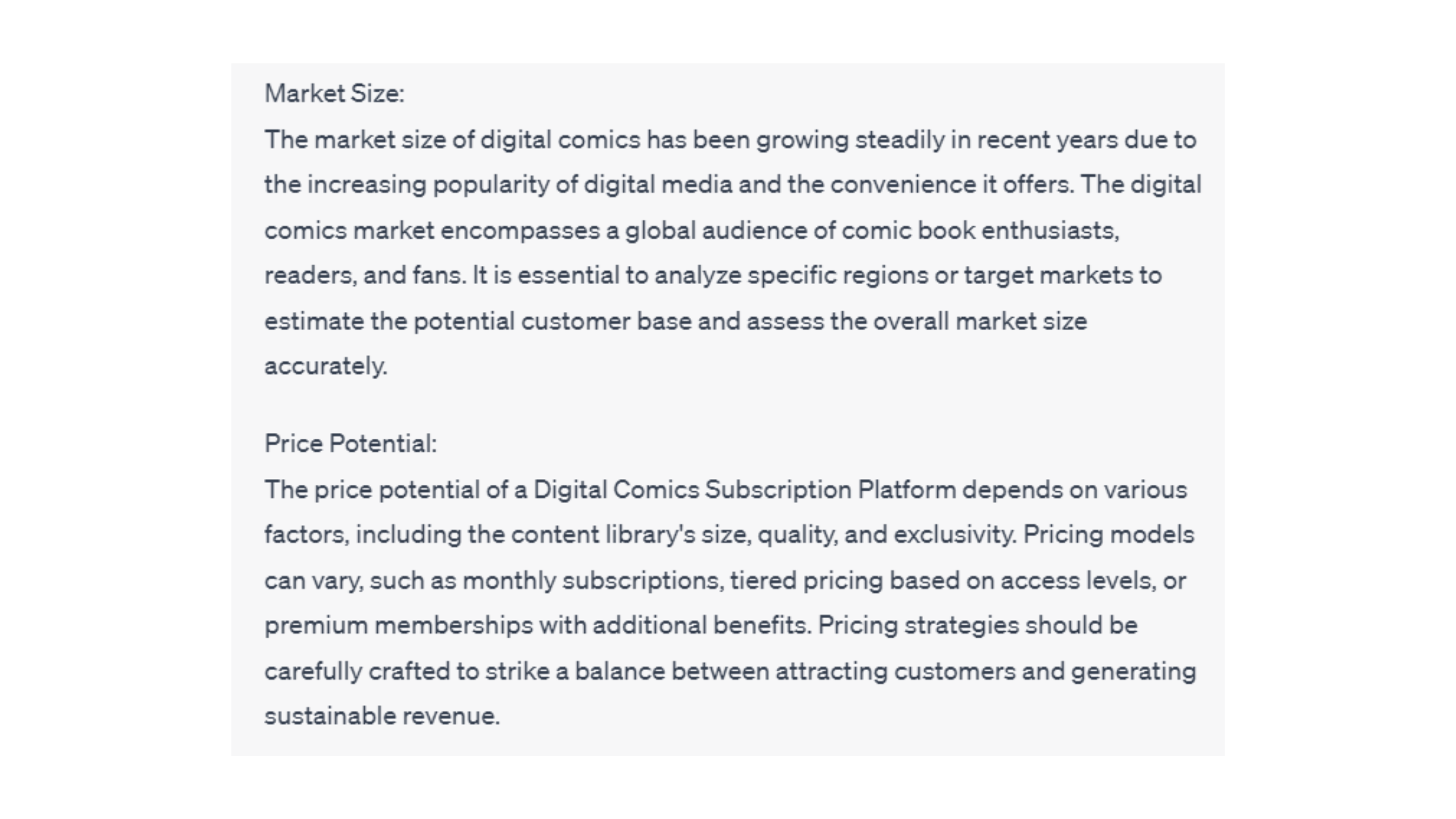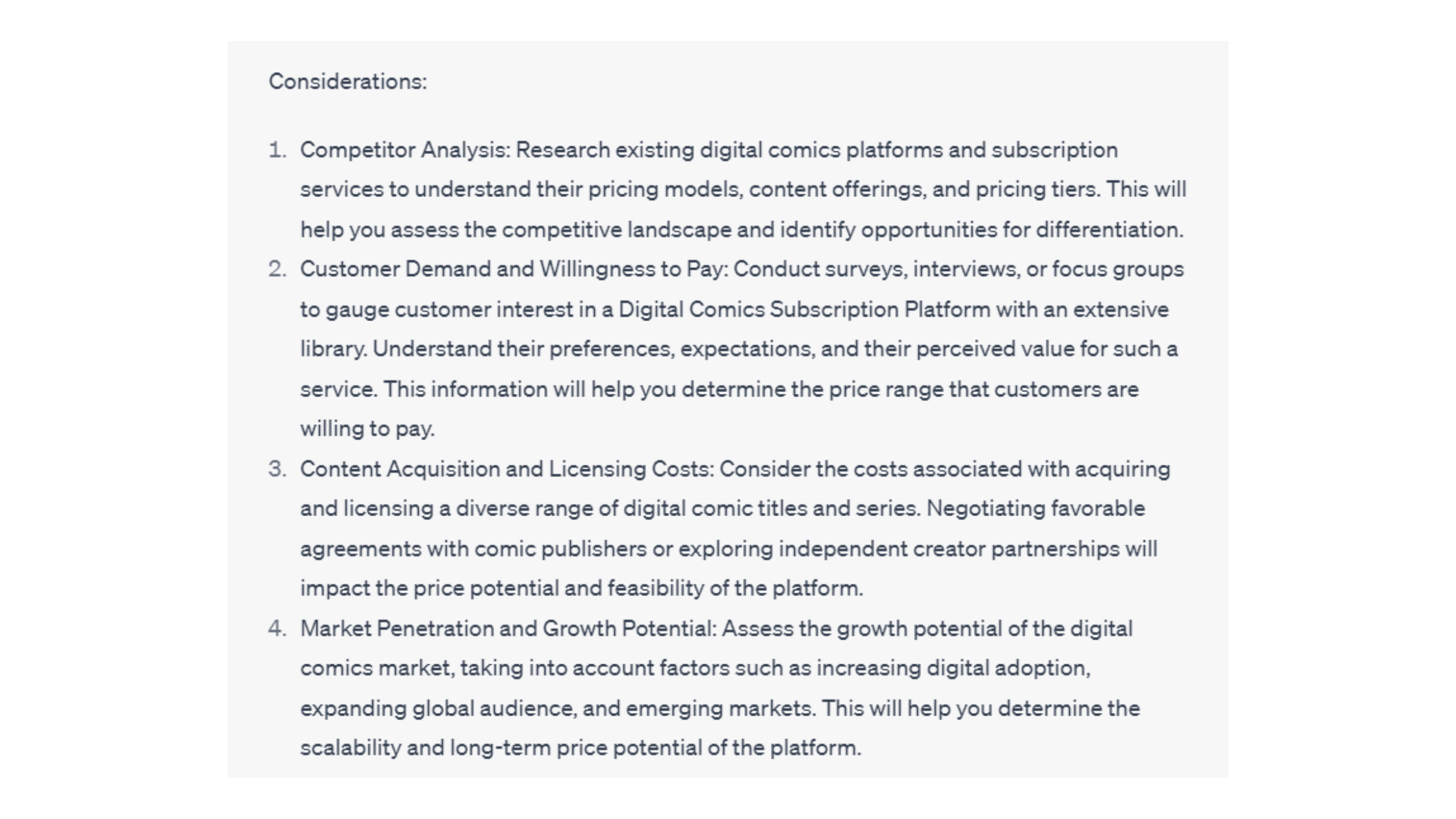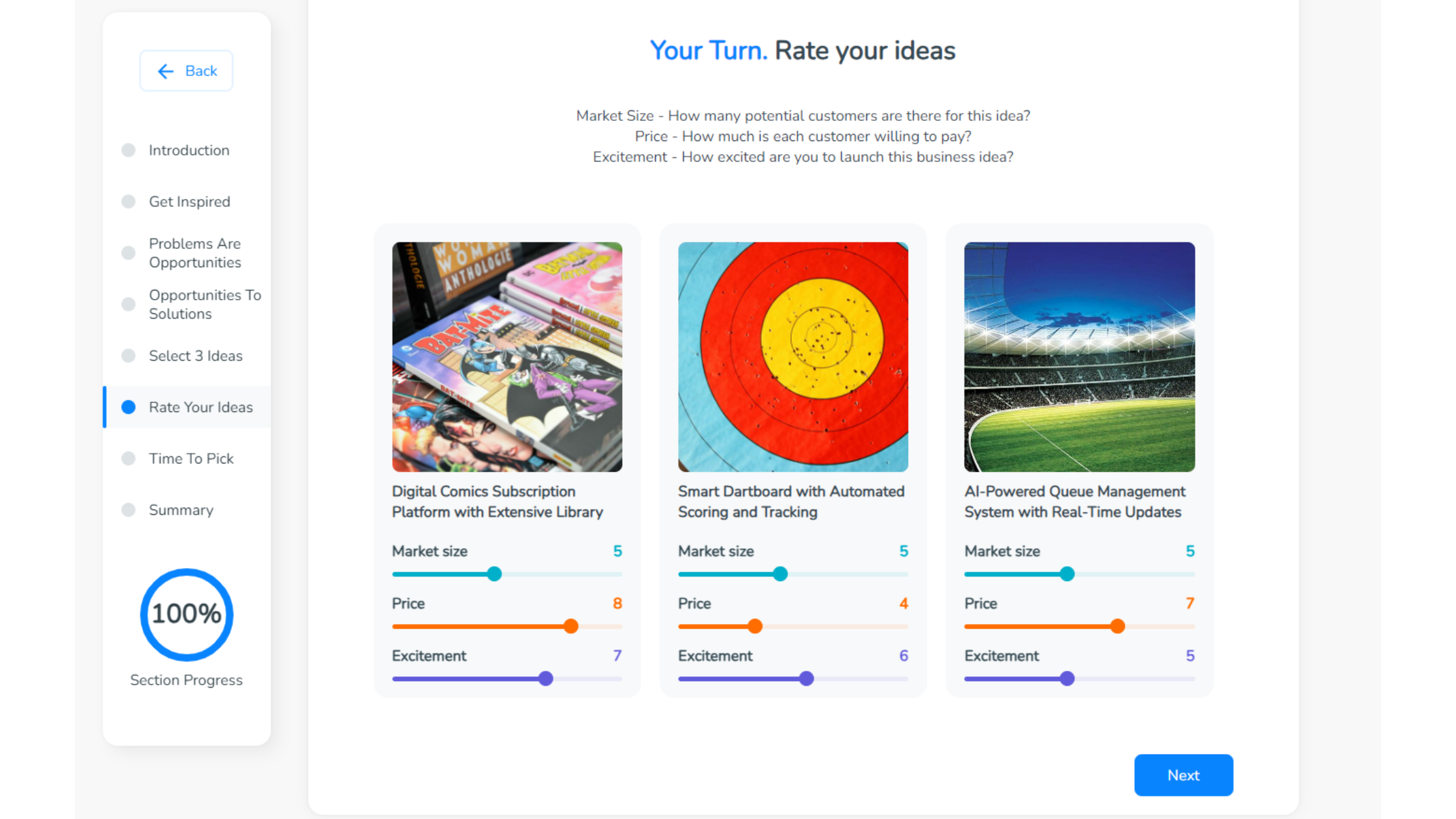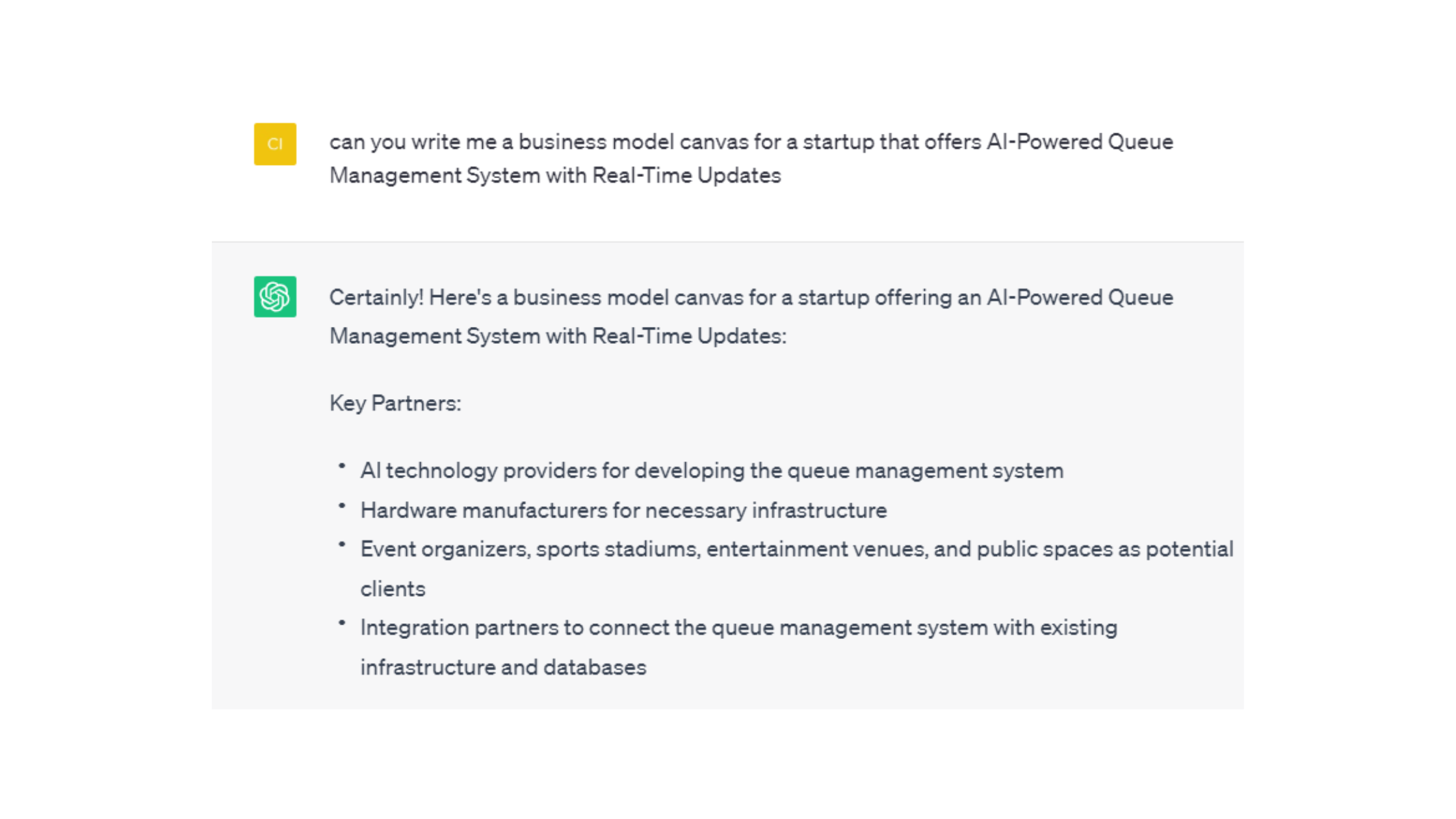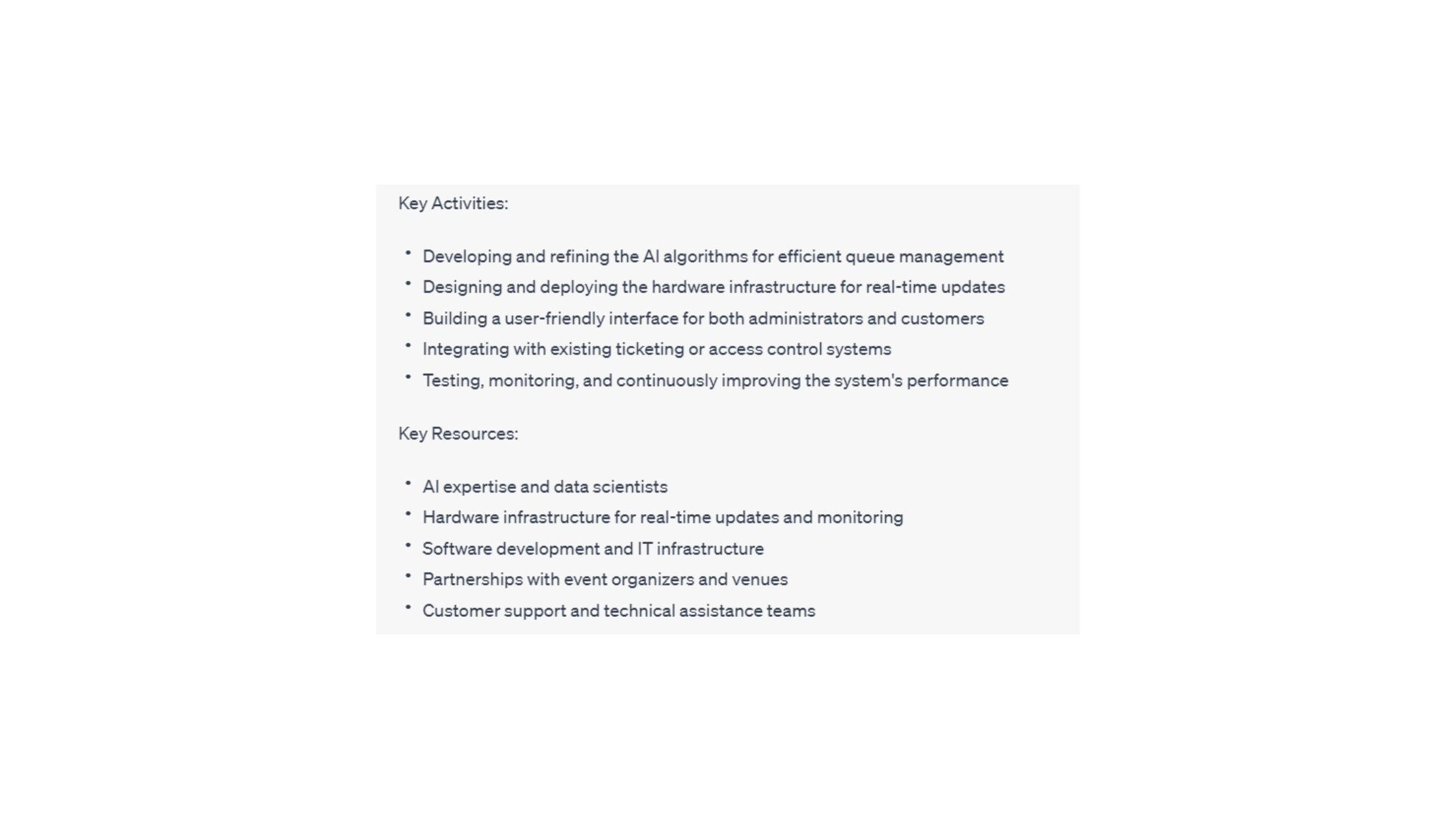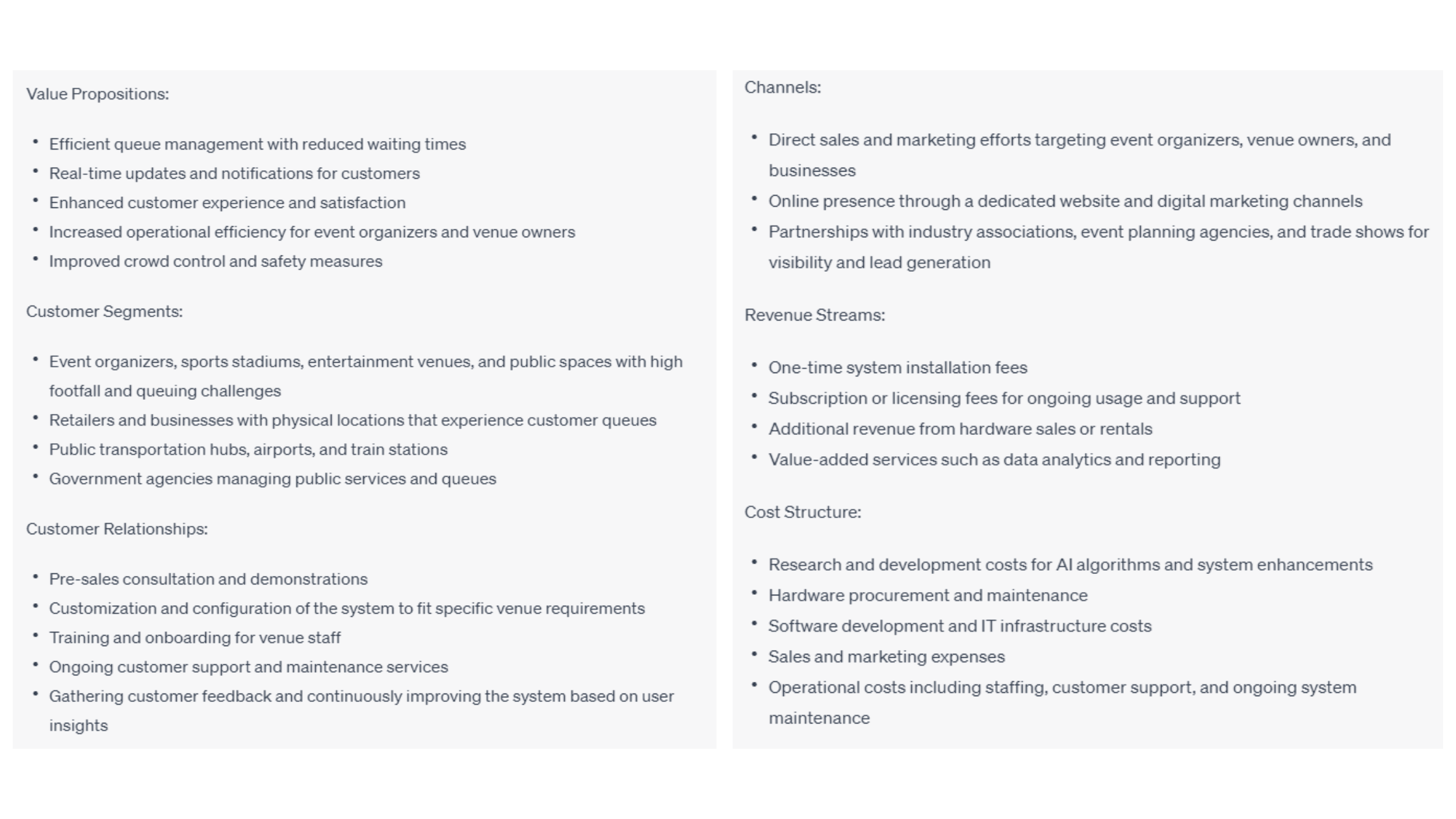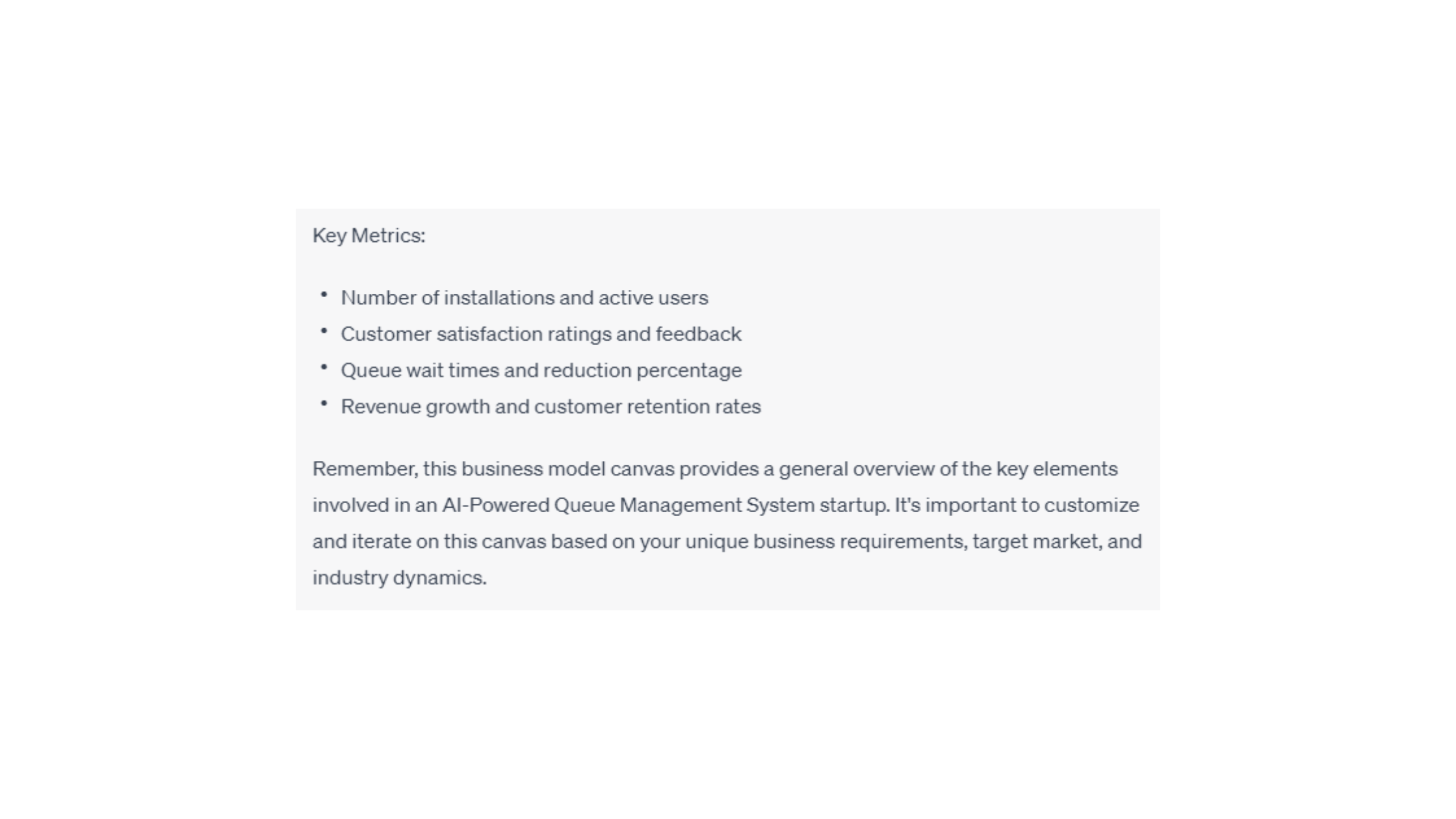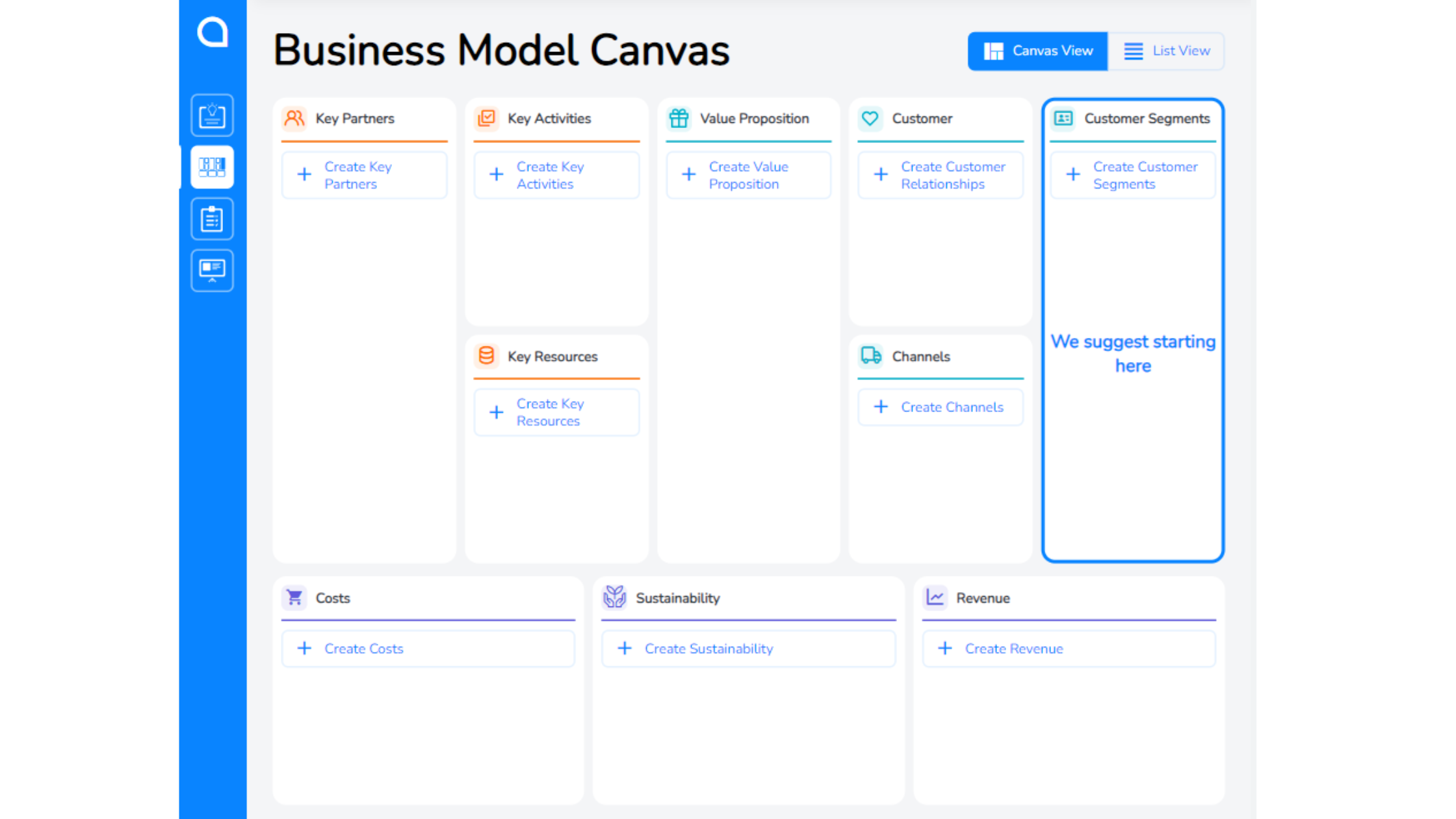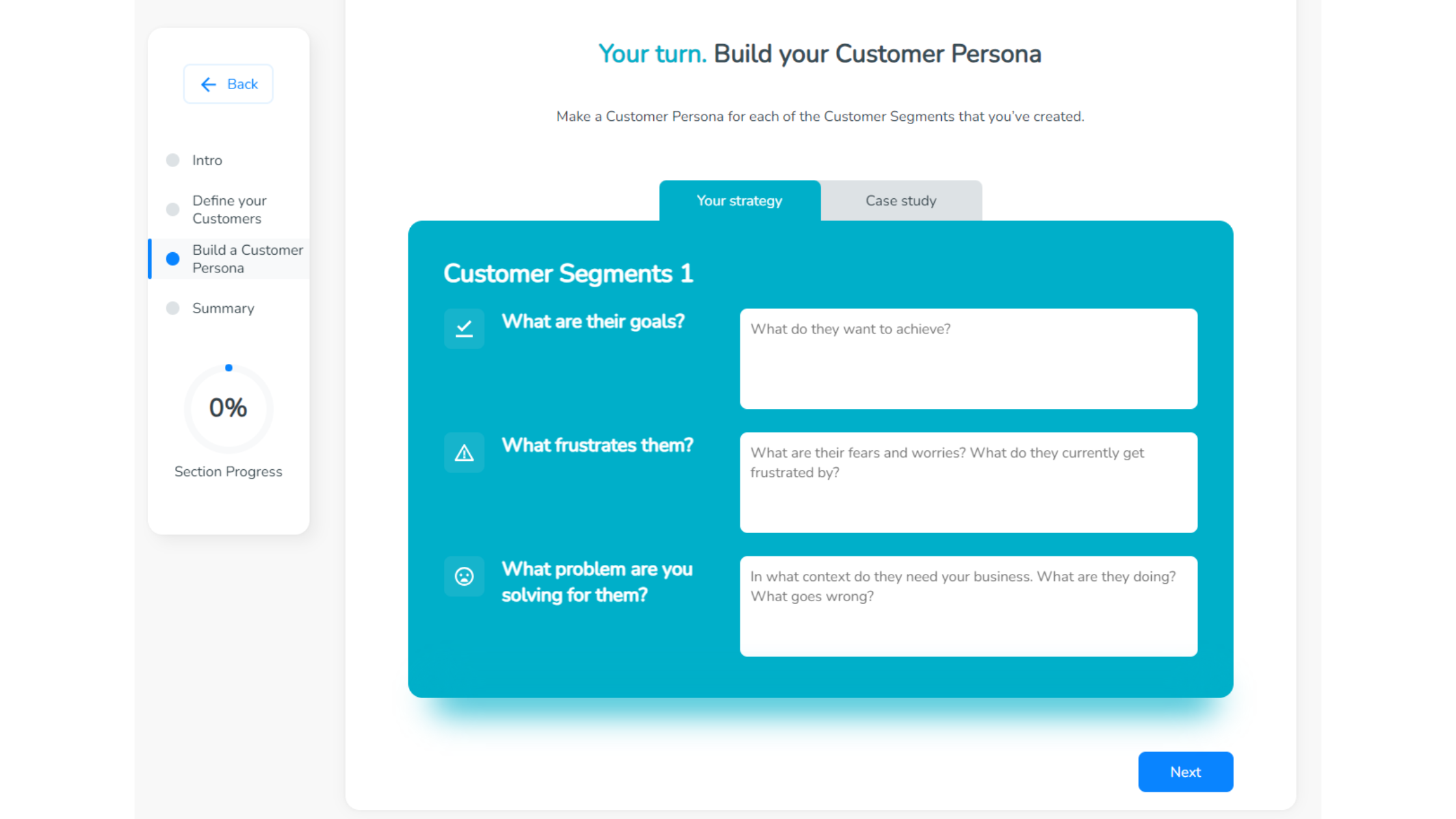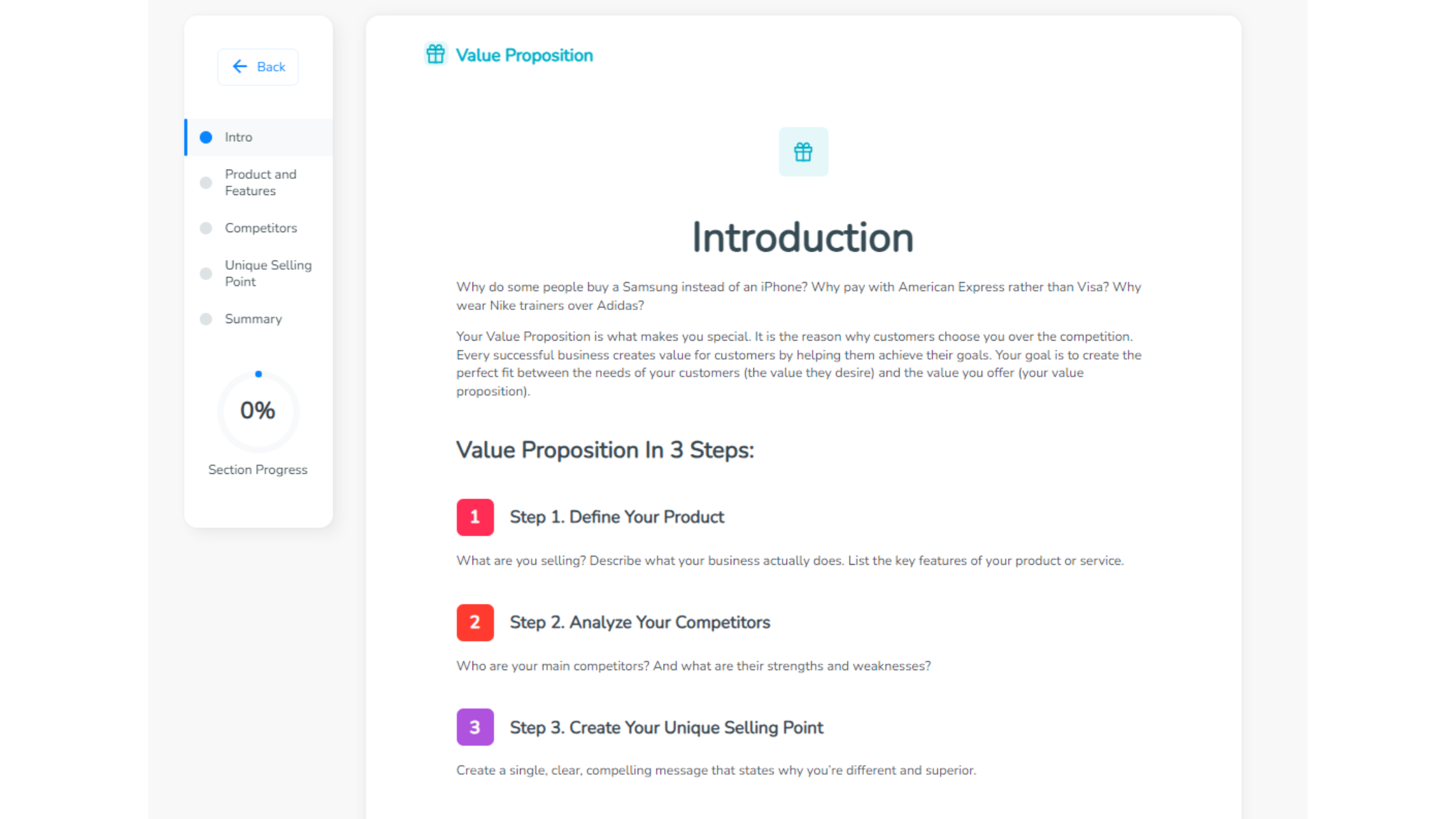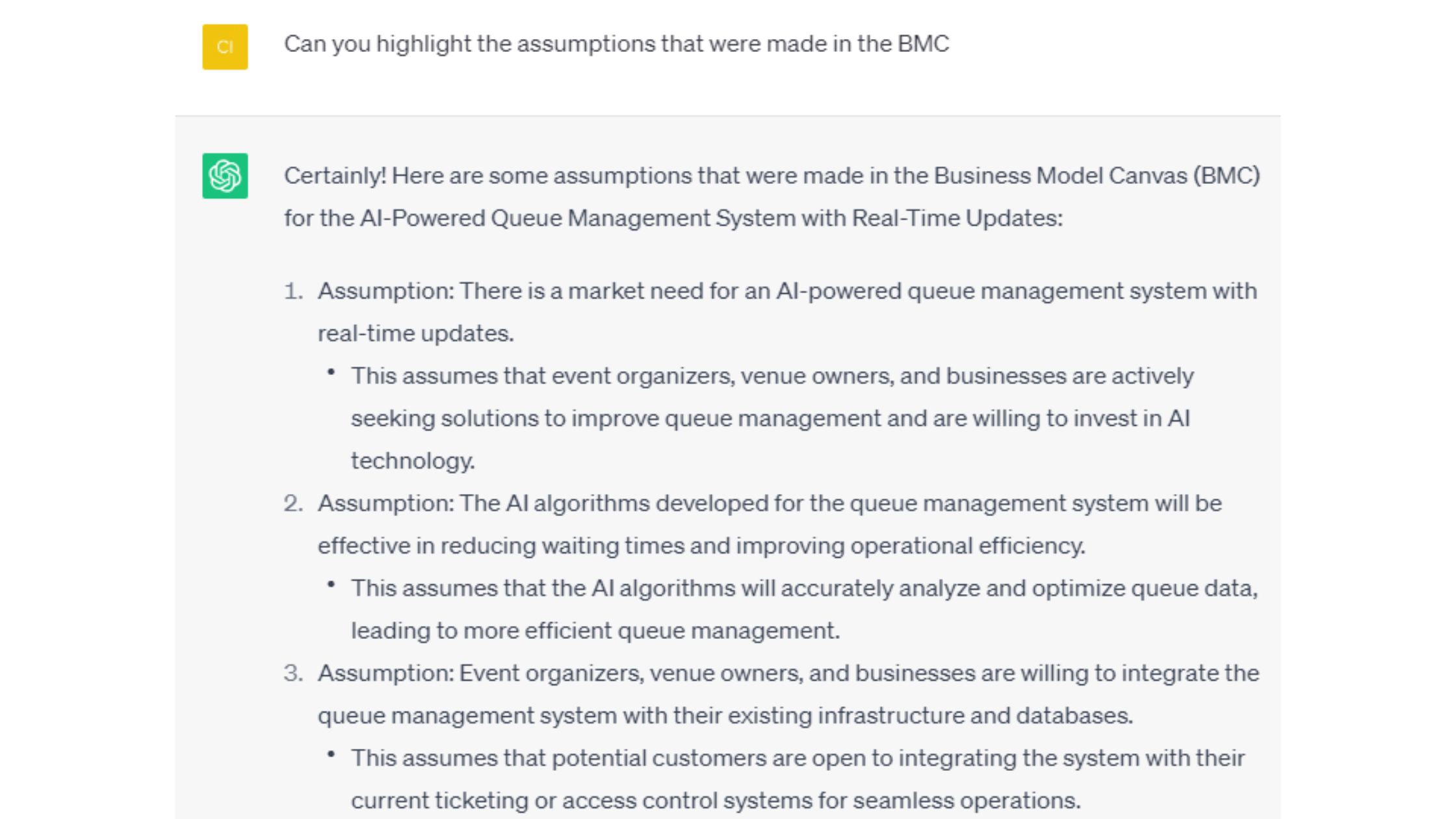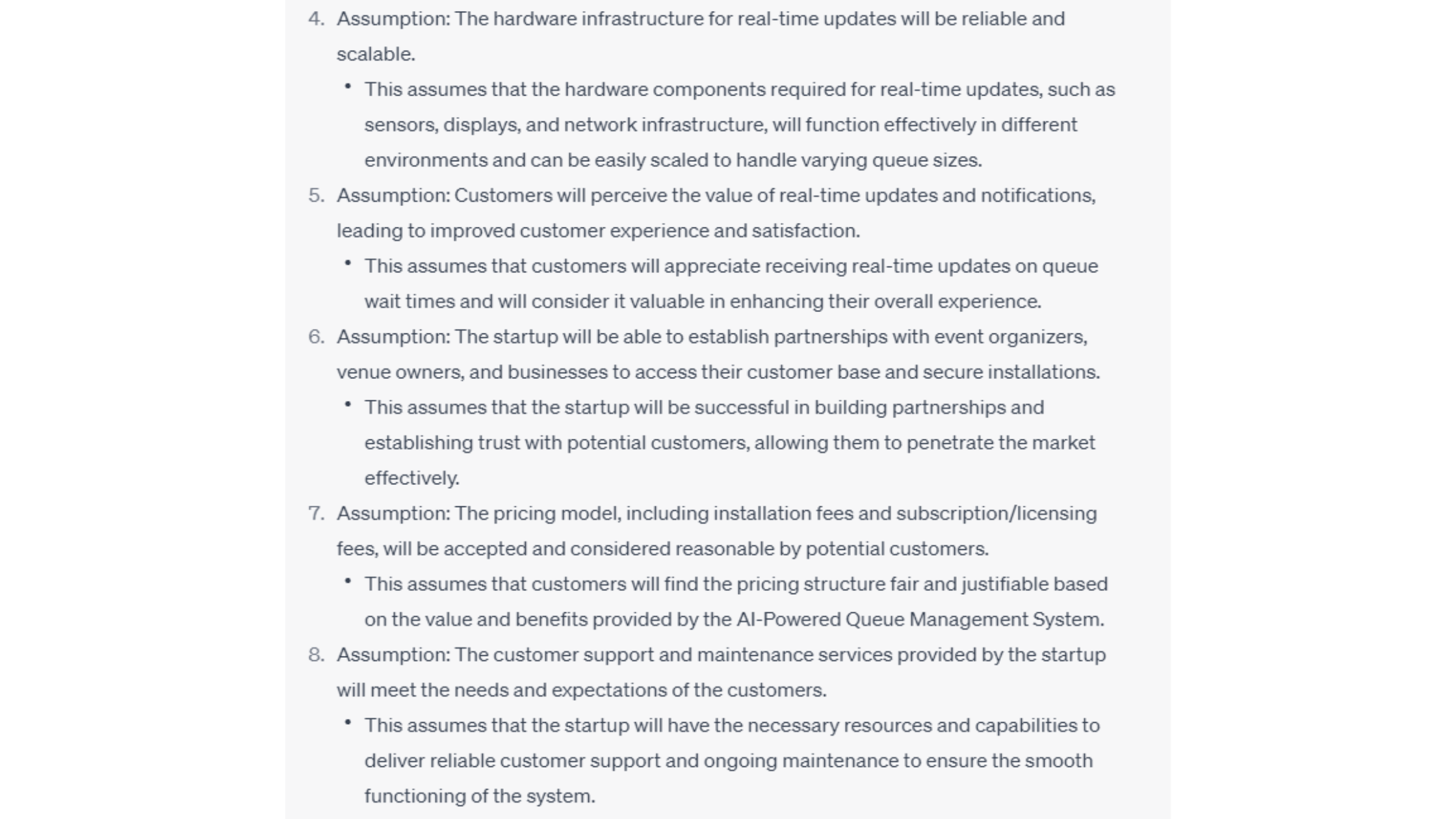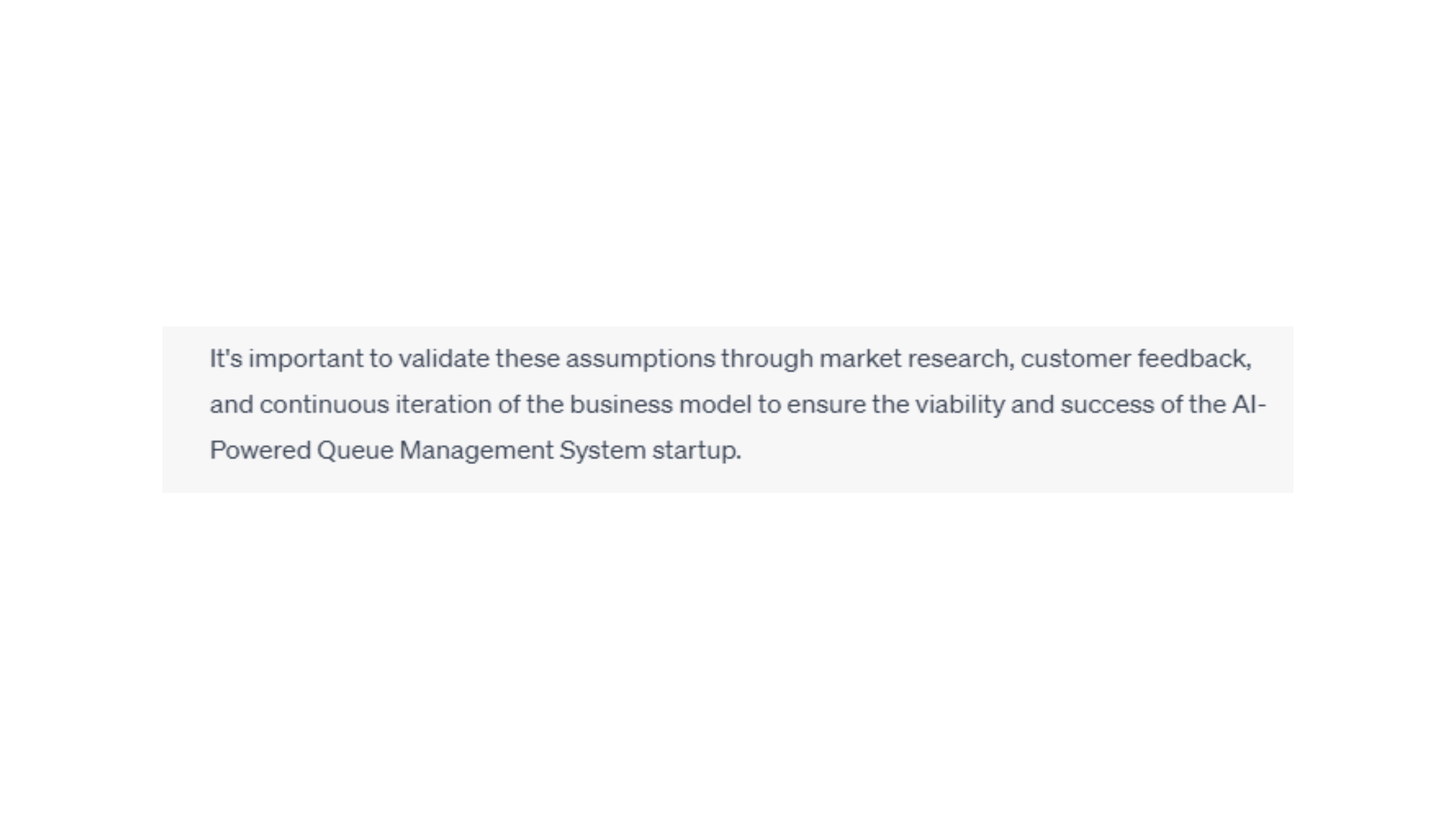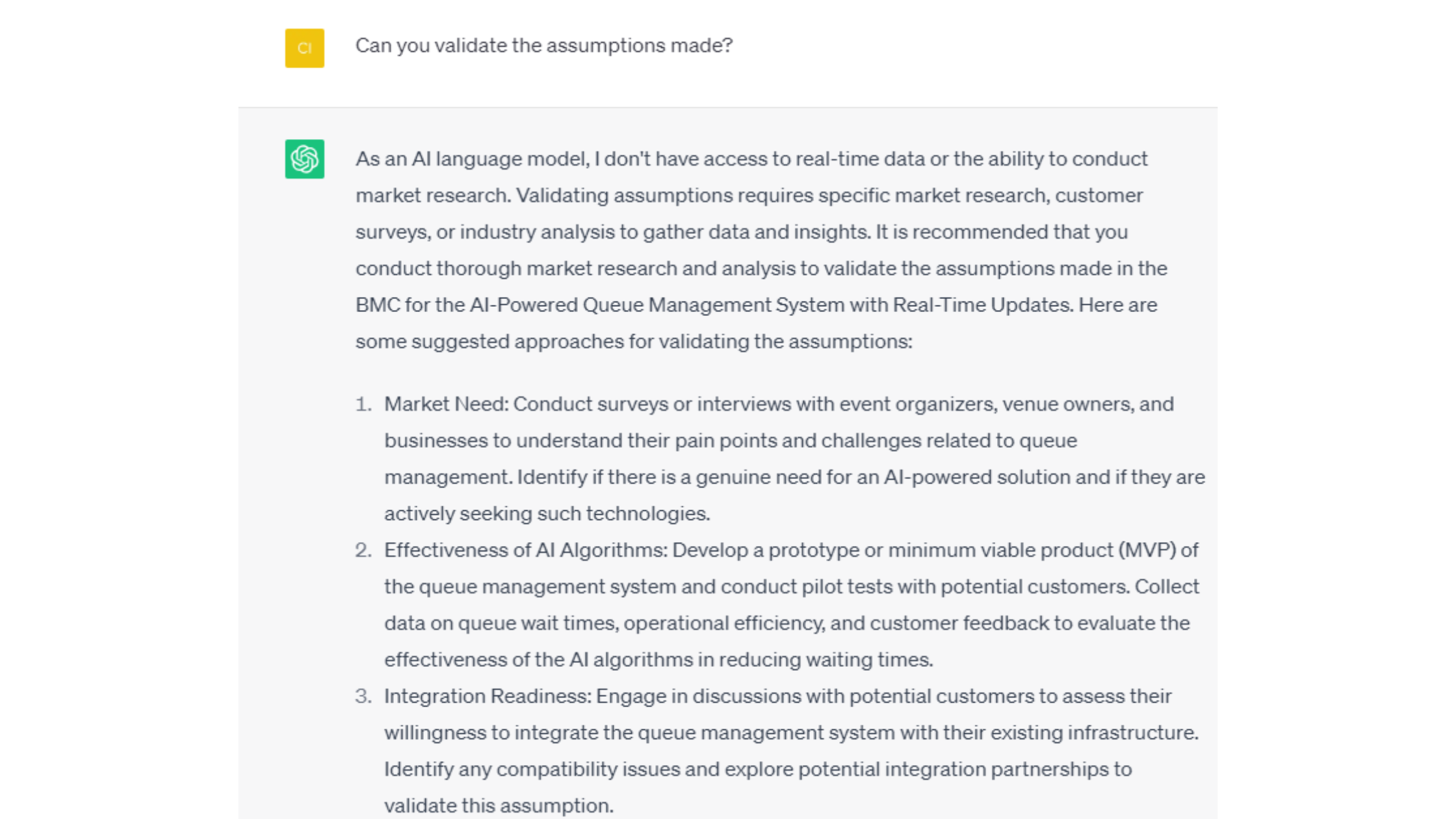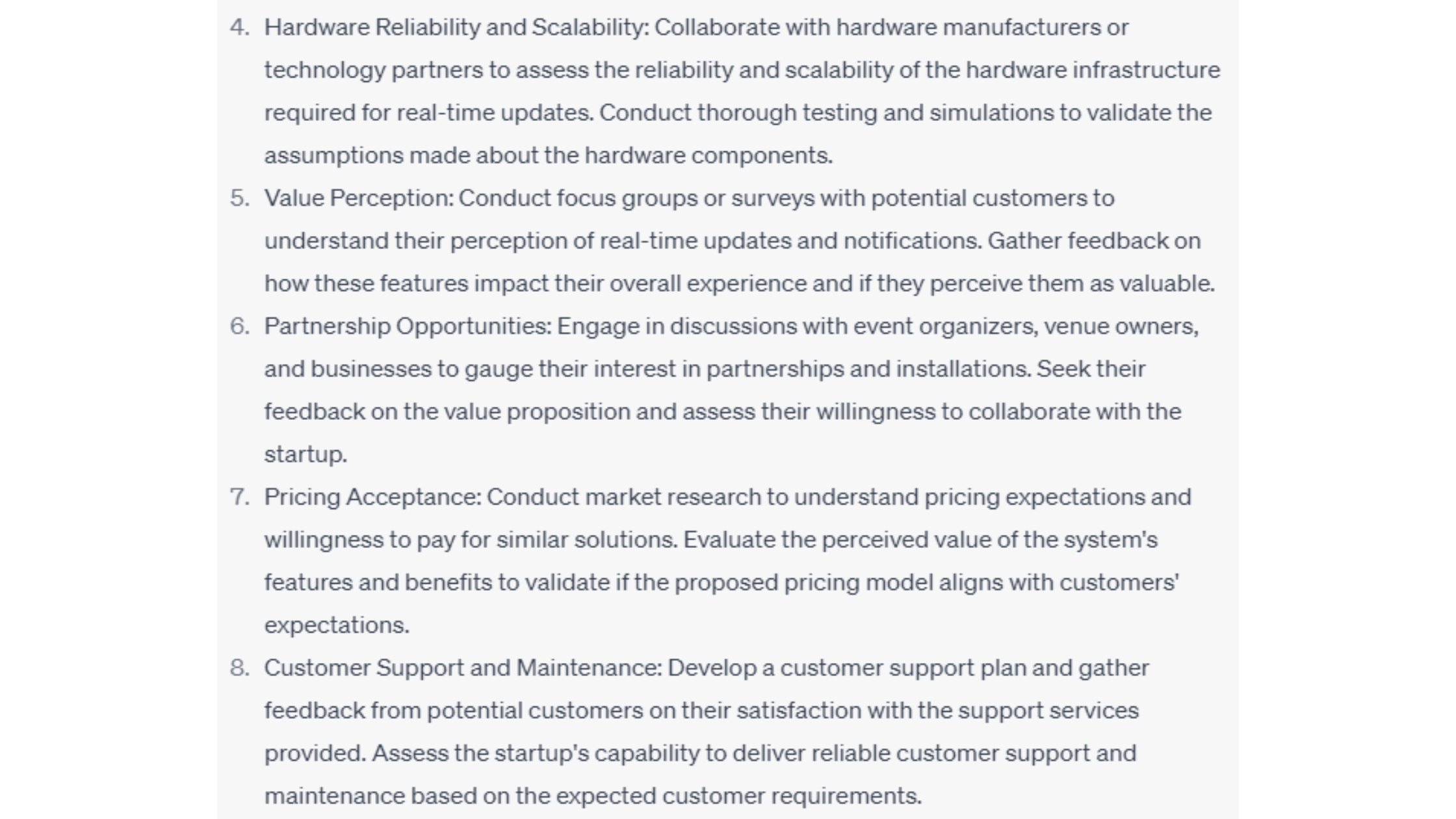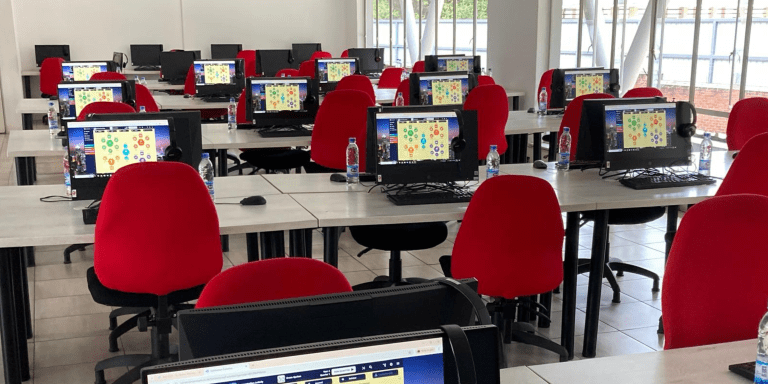AI in Higher Education: Are we concerned?

Explore the challenges, opportunities, and impact of Artificial Intelligence (AI) in Higher Education.
Since the release of ChatGPT at the end of 2022, we’ve all witnessed the conversations surrounding Artificial Intelligence (AI) and its impact on the Higher Education sector becoming ever-increasingly popular. We’ve also witnessed the mixed sentiments surrounding AI in Higher Education.
With some educators and tutors embracing AI and others backing away due to unease, the one topic we can all agree on is the unprecedented change this technology will have on the sector (and on life in general) as it continues to advance.
As an education technology company, our team at SimVenture has had various conversations with colleagues who work in HEIs surrounding this topic. Specifically, since the release of ChatGPT, we’ve heard a wave of concern about the implications for learning and teaching relating to the increased risk of cheating on assessments.
On the upside, we’ve also spoken with many HEI colleagues who are excited about AI and are striving for continuous improvement and innovation within the sector. This has included some universities focusing on the goal of digital transformation – something we’ve been privileged and proud to support.
With this topic being top of mind for many of our close friends and clients, we wanted to explore the subject of ‘AI in Higher Education’ further, so we could share our findings and hopefully ease some concerns.
As a result, in this blog post we will broadly explore the opportunities and challenges of AI in Higher Education before we deep dive into the impact for educators who use Evolution and Validate. Spoiler alert – for our online business education technology at SimVenture, there’s more good news than bad!
What are the challenges of AI in Higher Education?
As it stands, there are currently more challenges surrounding the wider topic of AI in Higher Education than there are opportunities. However, these challenges will likely resolve over time as AI advances, policies develop, moral and ethical implications become clearer, and as we adapt to our new AI-norm.
Recent research outlined five key challenges for AI in Higher Education. Three of these challenges all related to the use of ChatGPT for assessments. Ambiguity around whether students are ‘allowed’ to use ChatGPT, as well as a lack of consistency across modules and disciplines on these ‘rules’ will ultimately cause contention for students and lecturers alike. Furthermore, there is also the dreaded increased risk of cheating on essays or online exams, especially since plagiarism detectors do not cover ChatGPT and current tools available on the market that do detect AI are nowhere near 100% accurate. As a result, marking assessments has become a lot more challenging for lecturers.
The two other challenges highlighted by this recent research on AI in Higher Education are a little more ambiguous. Firstly, the potential for integrating ChatGPT into teaching and assessment is innovative and exciting, however it does have the potential to significantly increase the workload for lecturers (and we all know, they’re already swamped). This increase in workload comes from the ultimate and necessary redesign of exams and course materials necessary to successfully incorporate AI into the curriculum. Secondly, due to the speed of how quickly Open AI released the next version of the far more superior ChatGPT-4, it is evident that AI will continue to evolve and advance rapidly over time, making it difficult to plan for the resulting changes.
In saying all of this, AI does have many benefits and opportunities, which we’re already witnessing being taken advantage of in HEIs around the world.
What are the opportunities of AI in Higher Education?
The opportunities of AI in Higher Education impact many activities within the sector including administration, teaching and learning, and research. Some ways in which AI is already being used in HE include:
- Recruitment, admission and retention data analysis to support decision-making.
- Adaptive and automated assessments as well as personalised tutoring, feedback and content recommendations.
- Predict student performance and even flag at-risk students.
- Mine through large sets of data to identify patterns, build models, and recommend relevant articles for research purposes.
All points tie in with the three key opportunities identified in recent research on teaching and learning.
Firstly, thanks to the sophistication of ChatGPT, AI could help to increase the quality of virtual tutoring when it’s used in conjunction with a lecturer’s approach. For example, ChatGPT can act as a personal tutor providing students with 1:1 support including the ability to answer questions such as to define words or translate complicated text into a simple explanation. This may even enhance a student’s knowledge on a specific topic overall, since they’ll have additional and personal support (as long as the information they are receiving from AI tools such as ChatGPT is correct).
The second and third opportunities identified in this research included increased creativity for both students and lecturers alike, as well as innovation potential. For example, students can use AI to find new solutions to existing problems, and similarly, lecturers can explore new didactic methods and lecture materials. This can potentially lead to innovative didactic approaches and exam types alongside digitisation.
In short, AI is already embedded into HE processes and its rapid advancement suggests that the efficiency and productivity of these types of activities will continue to improve. The potential is vast.
As Maher Ghalayini stated, “It is crucial to leverage AI in higher education to improve learning outcomes and enhance the overall learning experience for students. AI can assist in personalised learning, grading and feedback, providing insights into student behaviour and engagement.”
This brings us to talk about the elephant in the room. What impact is AI having on educators and learners who use SimVenture software?
How does ChatGPT and AI advancements impact SimVenture educational software
Given that we work in the educational technology space, it’s only right that we are transparent and explain how ChatGPT and AI advancements may impact SimVenture software and our users.
Firstly, let us clarify by saying, ChatGPT and AI don’t directly impact SimVenture educational software as it stands. It could however impact the way in which our online teaching tools are used.
The loudest concern we’ve heard from our trusted friends in the HEI sector is around plagiarism and AI generated work such as essays. As such, we’ve further investigated this issue regarding our two online products – our advanced business simulation, ‘Evolution’, and our online business validation platform, ‘Validate’ – to help ease some concerns.
ChatGPT and SimVenture Evolution
We have tested out ChatGPT in various ways to see what kind of results we could get when used alongside our business simulation, SimVenture Evolution.
Can it tell us specifically what moves to make within the advanced business simulation? No, it can’t.
However, can it write a relatively believable reflective essay on using Evolution? It can. Here’s an example.
Thankfully, our ChatGPT investigative results mean that learners will still be required to think for themselves when it comes to using the business simulation effectively. While ChatGPT can provide fantastic tips and guidance on using our simulation, it cannot provide specific game-play guidance to achieve certain business outcomes.
As such, while ChatGPT can produce a relatively vague reflective essay, it isn’t likely to match up with a specific learners’ results or journey within the business simulation. Here’s another example when we added a bit more back story about our simulation play into ChatGPT. The result does provide a decent structure, but to be believable and truly reflective, would require further input from the student themselves.
Since Evolution is a gamified learning tool, AI implications so far are minimal. If anything, Evolution is becoming even more popular since HEIs are looking to digitally transform their entire operations. Something with which we’re proud to provide support and advice.
Conversely, our business validation tool, SimVenture Validate, is not a business simulation and requires learners to develop ideas and think through their ideas by following steps, doing research, and inputting their own text.
ChatGPT and SimVenture Validate
Due to the nature of SimVenture Validate, we also wanted to investigate how ChatGPT could potentially impact this online learning tool. As such, we tried out ChatGPT in conjunction with Validate and found that it was quite an onerous task.
In the ideation section of Validate for example, ChatGPT was able to identify problems based on the images we described. It also developed some quite feasible solutions to these problems. However, towards the end of the ideation process in Validate, when it came to narrowing down these ideas, ChatGPT was not a lot of help. You can see this progression in the images below.
Now, when it comes to developing a Business Model Canvas (“BMC”) for a business idea, ChatGPT is capable. The caveat, however, is that the responses given are quite vague. ChatGPT also doesn’t include a ‘Sustainability’ block within the BMC, as this is a consideration unique to Validate. Lastly, to add the ChatGPT responses into the Validate BMC blocks, people would need to go through each BMC block individually due to the breakdown of fields on Validate. Such work would require a lot of time and patience to go through each section in this amount of detail, which we felt wouldn’t be worth the effort of using ChatGPT. However, if you would like us to try it out so you can see the result, please do let us know.
The third and last section of Validate is testing. In this section, users are required to identify the assumptions made when developing their BMC, and then test these assumptions to determine whether they are correct or not. If you have ever struggled with getting students to identify their assumptions and test them, this is where ChatGPT really can come in handy. While Validate provides clear guidance on identifying assumptions and testing ideas, students could use ChatGPT in conjunction with Validate to get some assumptions and suggestions on the types of tests they could undertake for their specific idea. This could be incorporated into their Validate testing plan.
What ChatGPT is unable to help students with is the testing itself and the results of these tests. Surprisingly, even the AI still pushes users to conduct these tests for themselves, which is a positive result for learning and teaching.
All in all, it is evident that ChatGPT may help students to increase their creative capacity to develop innovative startup ideas. It won’t however produce a full Validate portfolio for students but is something that could be used alongside the business education platform as a personal tutor or idea generator.
The future of AI in Higher Education
While the future of AI is somewhat uncertain, the Higher Education sector has been adapting as a result. As such, we will be continuing to work with our colleagues in HEIs to ensure they feel supported and that our products continue to add value through and beyond digital transformation.
If you’d like to learn more about how we’re supporting universities in this field, get in touch with our team today. We will also be publishing further resources related to how ChatGPT can be combined with Evolution and Validate, so please do keep your eyes peeled on our social media channels if this topic interests you.
While this has been quite a long article, we hope you’ve found this information useful and most-of-all we hope it helps ease any concerns around AI and the use of SimVenture products in Higher Education.
-
Business simulations in schools: Unlocking real-world confidence
Discover how schools are using online business simulations to build confidence, engagement, and leadership skills in students.
-
What is the best business simulation game?
Explore a range of business simulation games and find the one that best fits your needs.
-
Enhancing Student Employability with Evolution
How can universities better prepare students for the real-world challenges of business? University lecturer Paolo Monachello shares his experience of using Evolution, a powerful business simulation that enhances student employability, with students at the University of Dundee. Discover how hands-on learning, strategic decision-making, and teamwork through Evolution help students stand out in job applications and internships.

